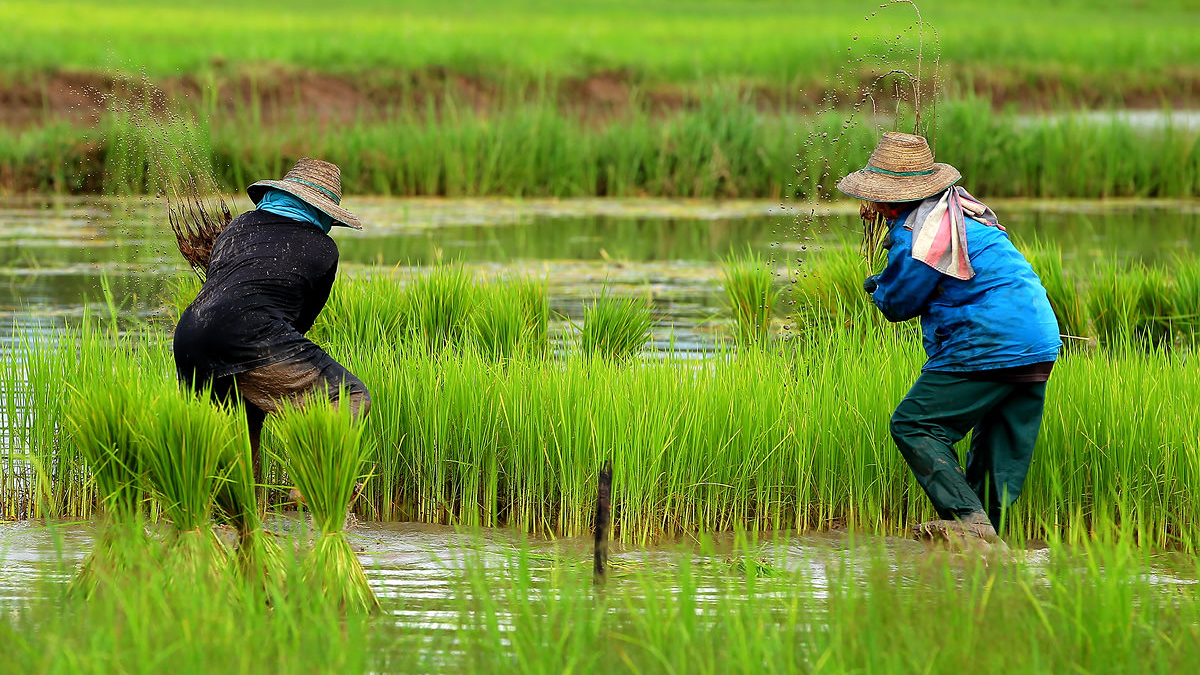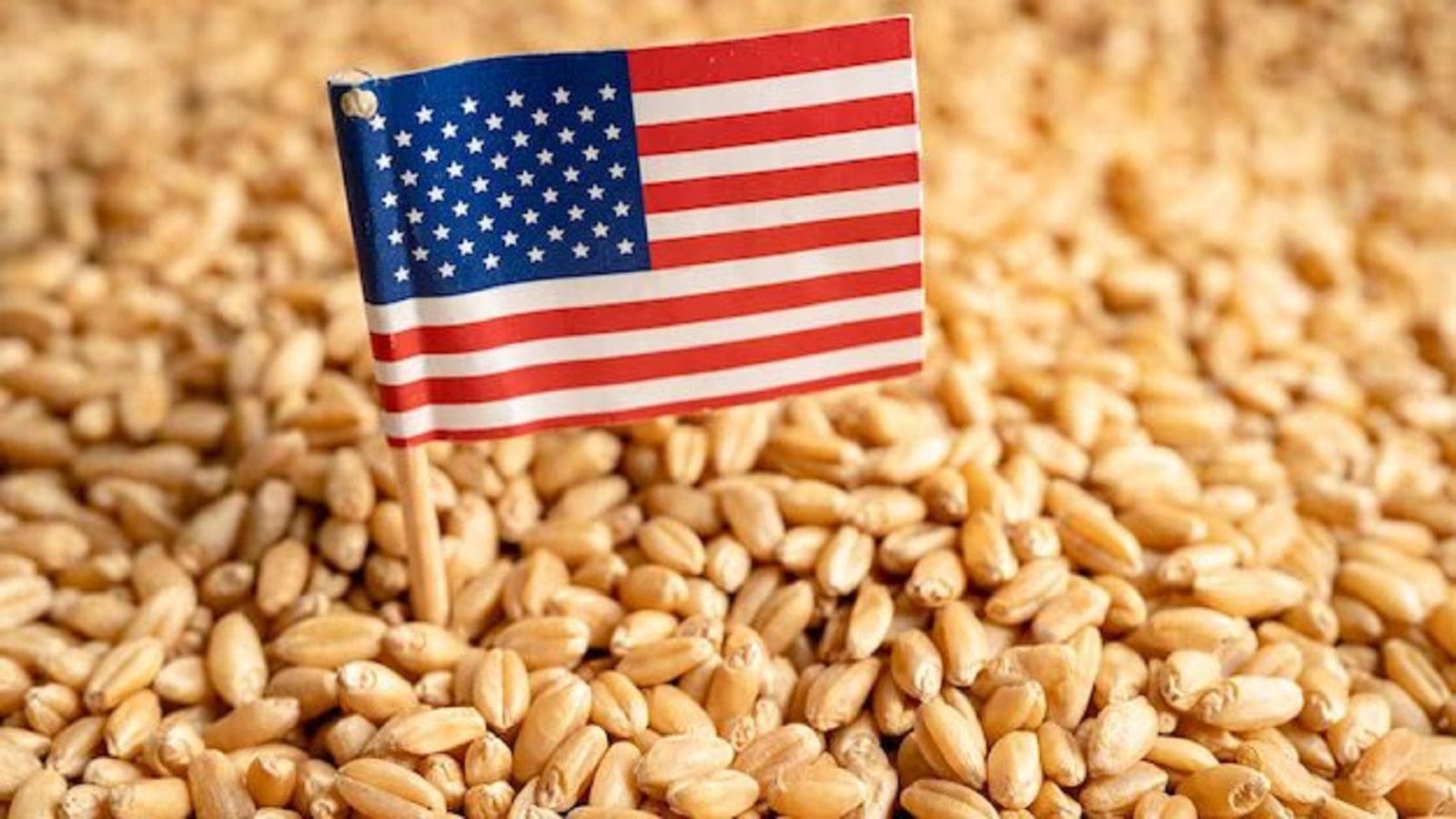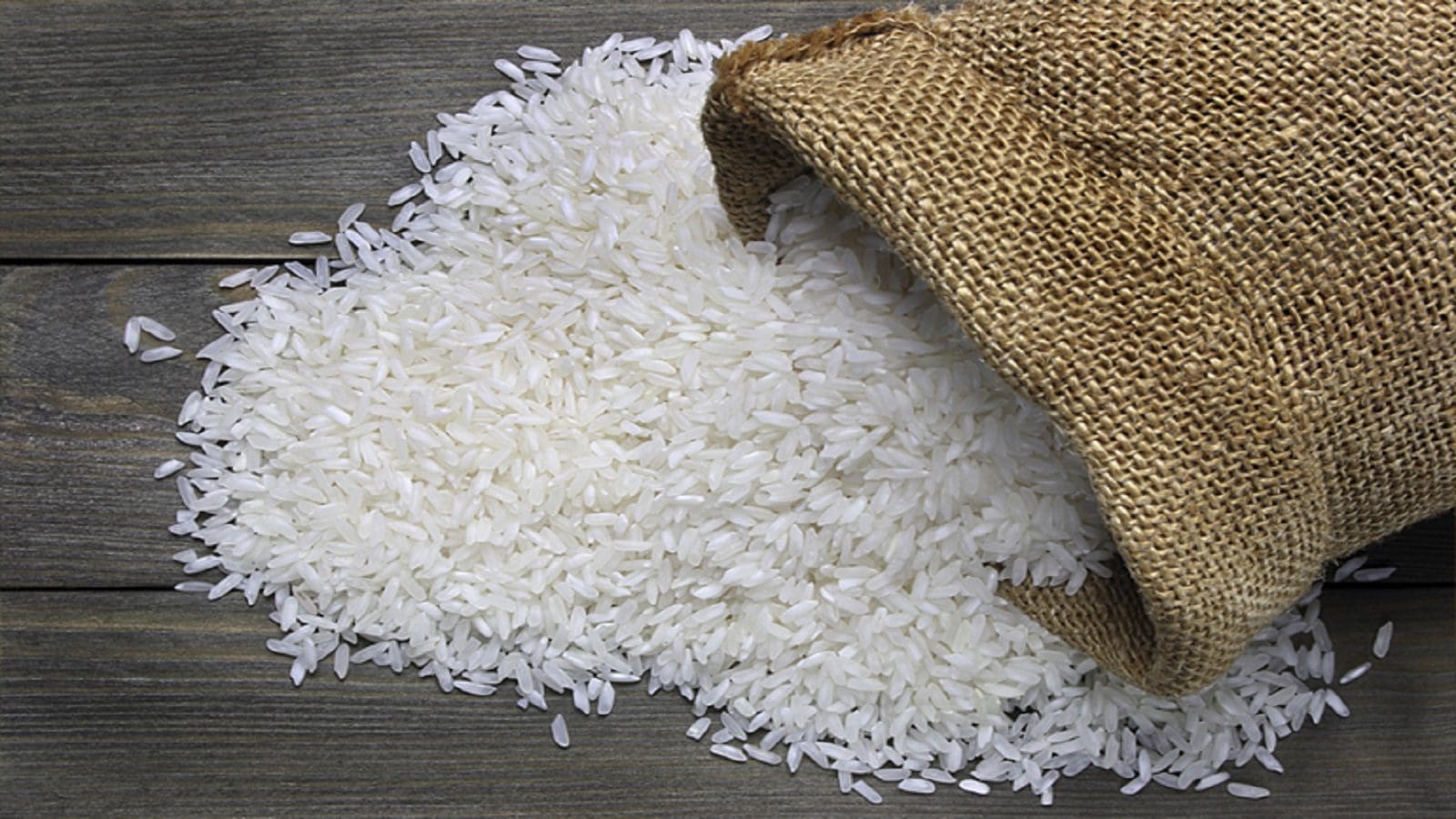THAILAND- The US department of agriculture (USDA) predicts that rice production in Thailand in the 2023-24 marketing year will reach its highest level in five years due to abundant rainfall and attractive farm-gate prices.
A Global Agricultural Information Network report from the Foreign Agricultural Service of the US Department of Agriculture (USDA) projected output at 20.4 million tonnes, up 1% from the previous year’s total of 20.2 million.
According to the report, an increase in precipitation in the country and reservoir levels in 2022 improved conditions for rice planting.
Additionally, farm-gate prices of white and fragrant rice are up 18% and 16%, respectively, and could encourage an increase in planted hectares.
With this anticipation for increased production, Thailand could witness larger exportable rice supplies in 2023-24, forecast by the USDA to increase by 2.5% to 8 million tonnes.
Conversely, Thailand’s 2023-24 imports of wheat could increase to 2.7 million tonnes.
According to the USDA, growing wheat-based food consumption and feed wheat consumption will push wheat imports to 1.3 million tonnes; which is 17% higher than in 2022-23.
“Flour mills are actively importing wheat despite facing high import prices,” the USDA said.
The USDA report added that feed wheat imports could increase by 40% year-on-year to 1.4 million tonnes due to an anticipated recovery in swine production and growing export demand for poultry meat and products.
Rice resiliency research
Meanwhile, four universities will participate in a USDA research program to improve the sustainability and profitability of rice farming as the staple grain grapples with extreme weather and climate challenges.
The four universities are Louisiana State University (LSU), the University of Arkansas, Mississippi State University (MSU), and Texas A&M University.
Scientists at these universities were awarded a four-year US$10 million grant by the USDA’s National Institute of Food and Agriculture.
The grant is part of an overall US$70 million investment from the USDA to establish robust, resilient, and climate-smart food and agricultural systems.
According to the LSU AgCenter, some project objectives are; to assess the socioeconomic and environmental impacts of current crop management practices and identify barriers to adopting novel technologies.
Additionally, the project aims at developing novel genotypes with enhanced tolerance to biological and environmental stressors, developing and optimizing environmentally friendly crop management practices, and implementing a robust extension program to disseminate the concepts and benefits of sustainable farming techniques.
“Because of our interdisciplinary expertise and MSU’s facilities, we are developing genetic mapping tools to identify the genes associated with stress tolerance, including projected changes in climate,” said Raja Reddy, an agronomist with the Mississippi Agricultural and Forestry Experiment Station (MAFES).
“Being able to identify these genes will help rice breeders develop climate-resilient cultivars or plant varieties,” he added.
Ranking sixth in the US, Mississippi rice production is a US$97 million industry, with over 115,000 farmed acres although increasing extremes and unpredictability in weather patterns threaten the stability of this agricultural commodity.
“These conditions and higher temperatures during flowering are significant impediments to rice yield and grain quality,” Reddy said.
Reddy said the researchers also plan extension activities to help growers optimize their resources and get the best growth and yield from newly developed cultivars.
For all the latest food industry news from Africa and the World, subscribe to our NEWSLETTER, follow us on Twitter and LinkedIn, like us on Facebook and subscribe to our YouTube channel










